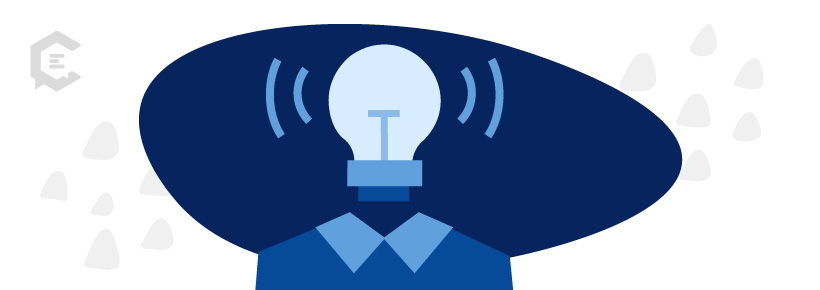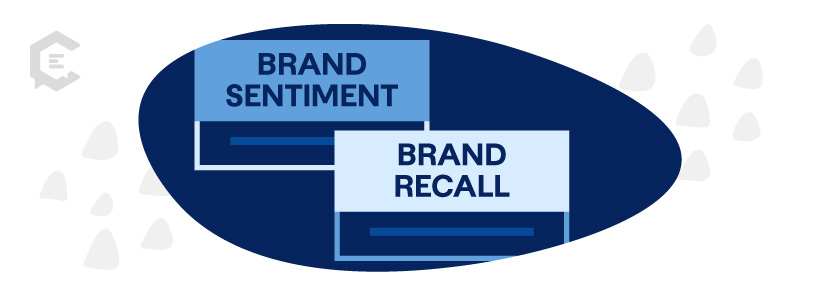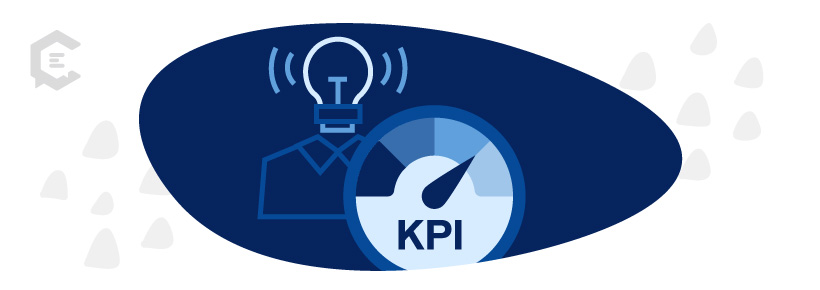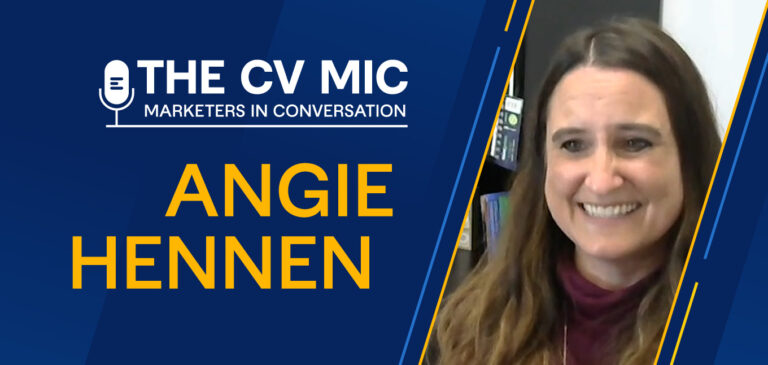What is brand awareness?
Brand awareness refers to the extent to which a target audience recognizes and is familiar with a brand. It is the foundation upon which you establish a connection with your consumers. Content marketing aims to increase brand visibility by consistently delivering valuable content that educates, entertains, or solves problems for the target audience.

The goal of brand awareness campaigns is to get your brand on your customer’s radar, but with modern consumers’ attention being so fleeting, campaigns can take on a wide range of approaches.
They might hammer a point home on certain product features (i.e., safety ratings for a car) or aim solely to trigger emotion (Sarah McLachlan for the tear-jerking ad for the ASPCA). They can showcase a thousand products so fast the eye can’t follow (Target) or never show the product (insurance). Getting creative and personal with your brand awareness will pave the way to success.
Why is brand awareness so important?
If consumers don’t know of a brand, they literally don’t know it exists. If consumers are familiar with your brand, they are more likely to choose your products or services over others. Look at how brand loyalty plays out for a company like Apple. Their customers are loyal purchasers of every phone update and willing to buy in on new product launches no matter how untested the product may be. They are so aware of Apple’s brand that a shadow is cast over their competitors, causing most of them to be completely naive about new, possibly better products from their competitors.
This level of brand awareness offers you a serious competitive advantage in the market. Get your brand to be recognized the most over your competitors, and it quickly jumps to being the only product they know in the industry. (i.e., Oreo replacing Hydrox cookies despite Hydrox being the original or everyone referring to tissue paper as Kleenex.)
Brand awareness is the key to word-of-mouth advertising which is the cheapest and most effective way to recruit new clients. Suppose people can’t stop talking about your most recent ad, or customers can’t stop raving to their friends about how happy they are to discover your services. In that case, your brand awareness has built up self-sustaining momentum, saving you time and money on marketing.
What are some related terms, and how are they different?
Brand sentiment
What’s the general feeling and attitude about your brand amongst consumers who may or may not have engaged/purchased?
Customer sentiment
Customers’ opinions and emotions about a brand are formed through engaging with the brand.
Brand recognition
How well consumers can identify a brand “in the wild,” i.e., on shelves or in an online presentation of products, amongst others in the same category.
Brand perception
How people (consumers and others) view your brand based on their experiences with your brand and what they’ve seen and heard.
Influence
A brand’s ability to affect behavior. This is usually seen as “affecting customer behavior,” but truly influential brands can influence their entire category and beyond (case in point: Apple).
Brand recall
Connectivity in people’s minds between a particular product or service and the brand – or better yet, when they hear/see a competitor’s mark or logo, they immediately also associate the recalled/recognized brand.
Brand halo
When someone’s perception of one thing (a spokesperson, a brand attribute, a product) is so strong, it influences their feelings about the brand overall.
Lift
The term for how a campaign impacts a certain key metric. The obvious goal here is usually “sales lift,” where analysis can draw a line between a campaign and increased sales in the markets it ran. However, lift can also be used for other goals, such as site visits, requests for a certain product, or engagement.
Customer loyalty
The gold standard among all marketers is when customers’ brand recognition, halo, and recall are all so strong and positive that customers actively seek out the brand’s products and even evangelize them to others.
Other KPIs That Go Along With Brand Awareness
The advent of social media has changed how marketers pursue and measure brand awareness and created new KPIs and ways that consumers can interact with a brand. For example, customer sentiment used to be monitored through focus groups and consumer research studies, but now, much of it is done online through social listening tools.
Similarly, most KPIs marketers can choose to monitor to measure digital or campaign success are those readily available from the back end of Facebook Ad Manager, Pinterest Analytics, or Google Analytics.
Popular ones include:
- Engagement (Likes, Comments, Saves)
- Amplification (Shares, Repins, backlinks)
- Click-through rate
- Capture (Often measured in email captures, but can also mean other things, such as a quote request form)
- Video plays
- Ad Recall Lift — specific to Facebook Ad Manager, this formula calculates how many people will remember seeing a brand’s ads based on the number of times the ad serves in a time period
This final metric is worth noting because it attempts to track and measure a result that was never, before social media, considered measurable. Facebook created the equation for calculating it, and now it makes its way into many campaign reports as a “result,” even though it is built around an assumption about humans’ ability to remember things they see while scrolling.
Brand Awareness: The Bottom Line
Contrarian marketers like to say that brand awareness is unimportant because other things, such as brand sentiment and consumer engagement, show much more about how people relate to the brand.
But the fact is, without brand awareness, people won’t feel anything about it, engage with it, or choose it instead of the competition. Because they don’t know it exists. So while it may not immediately generate sales, it should always be a consideration.
Increase brand awareness with quality content from ClearVoice. Talk to a content specialist to get a strategy developed for your brand today.





